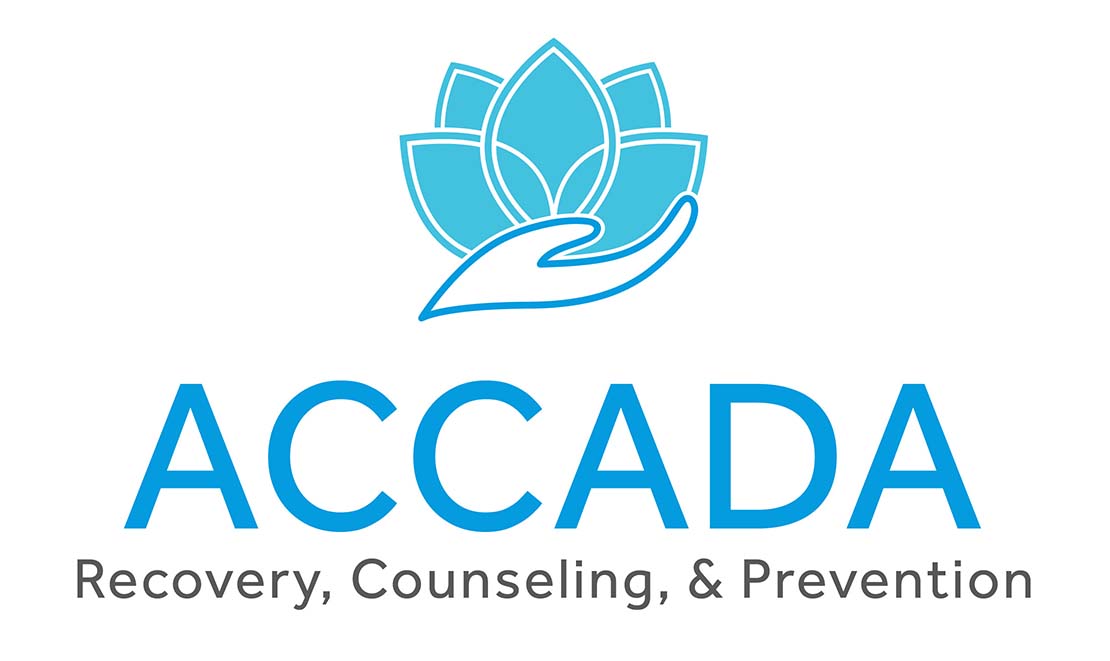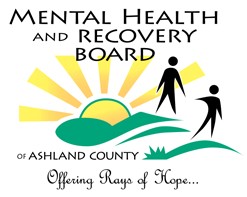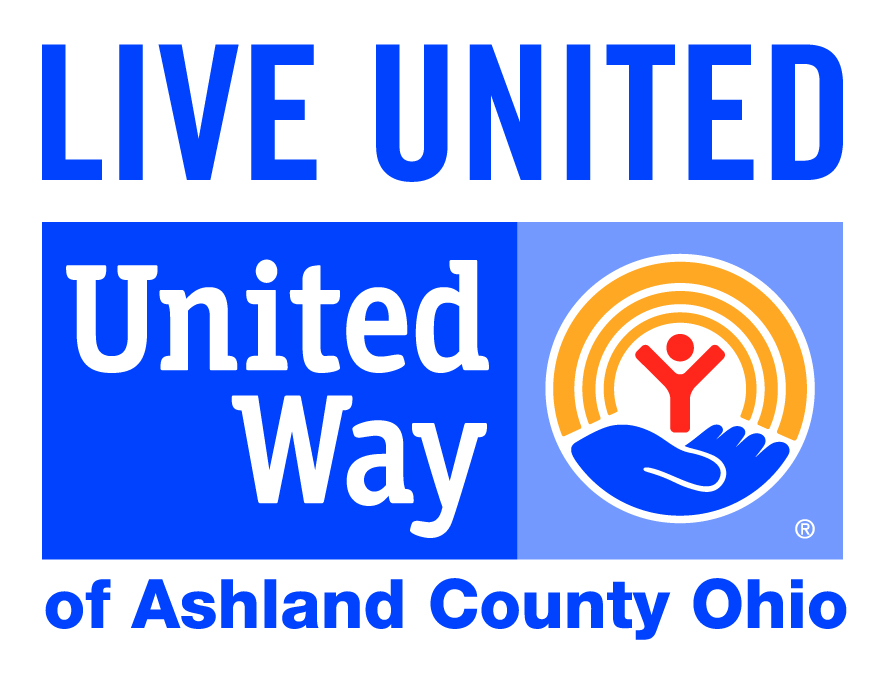Is Assisted Living the Right Choice for a Senior Struggling with Addiction?

Substance use disorders don’t just go away with age; if a person has struggled with addiction in the past, that struggle may never fade. Some people develop an addiction later in life.
As parents age and their needs change, what options are available to support their recovery and wellbeing if they struggle with substance use disorders?
Substance Use Disorders and Seniors: Why Did This Happen?
It’s possible your parent never seemed to have a problem with alcohol or drug misuse until recently, which can certainly be troubling for any adult child to witness. Why is this the case?
Elderly adults can develop an addiction for a variety of reasons:
- Chronic Pain Management: Perhaps your loved one was prescribed an opioid or other highly addictive substance to manage chronic pain associated with getting older. Using these substances for prolonged periods of time can result in dependency and addiction.
- Multiple Medical Conditions and Medications: If your loved one has multiple medical conditions requiring a variety of prescription meds, drug interactions, side effects, and changes in metabolism can all increase the risk of misuse or addiction.
- Loneliness and Isolation: When your social circle shrinks due to retirement, losing family and friends, or mobility issues, seniors might begin to suffer from depression and loneliness. Some seniors will turn to substances to alleviate those feelings of loneliness.
- Mental Health Issues: In order to cope with depression, anxiety, or PTSD, some seniors may try to self-medicate using substances.
- Loss and Grief: The loss of a spouse, close friends, and family members leads to a heightened sense of grief and loss. Some seniors might turn to substance use as a way to cope with these emotions.
- Retirement and Identity Issues: Retirement can result in a loss of identity, purpose, and social connections for some individuals. Substance use may be used as a way to fill the void and cope with feelings of loss or inadequacy.
- Accessibility of Medications: Seniors may have easier access to prescription medications, either through their own prescriptions or those of family members or friends. This accessibility can increase the risk of misuse and addiction.
- Changes in Brain Chemistry: Changes in brain chemistry as we age can make older adults more susceptible to the addictive properties of substances.
Any one of these or some combination of these factors can contribute to an elderly parent’s recent development of a substance use disorder. To complicate things, older generations still struggle with stigma surrounding substance use disorders that might prevent them from seeking the help they need.
On top of their substance use challenges, there will eventually come a time when your aging parent needs additional support and assistance in their home, leaving adult children in the difficult place of making decisions about what is right for their loved one.
Discerning Whether Assisted Living Is the Right Choice for Your Aging Parent
Assisted living could be an excellent option for your parent if they are in recovery, and:
- struggle with activities of daily living (ADLs)
- have mild to moderate cognitive impairment or early-stage dementia
- struggle with safety concerns related to living alone
- feel isolated, depressed, or lonely
- have healthcare needs or chronic health conditions that require ongoing monitoring or assistance
- suffer from mild to moderate cognitive impairment or early-stage dementia
Assisted living might not be the best choice for aging parents who are struggling with addiction if they:
- have a severe addiction with a high chance of relapse
- need medical detox or intensive rehabilitation
- aren’t willing to participate in treatment for their substance use disorder
- might pose a safety risk to other residents in the facility
- have severe cognitive impairment or aggressive behavior related to their addiction
If your loved one requires detox or rehabilitation, connect with us at ACCADA. If they are willing to participate in treatment, we can help you find the resources necessary so they can get the help they need.
Assisted Living Resources for Seniors with Substance Use Disorders
There are significant benefits to choosing assisted living for seniors with substance use disorders.
Medication Management and 24/7 Monitoring
Any adult child of a senior knows the struggle of managing a parent’s medications. This can be one of the greatest challenges of supporting your loved one during this transitional season. Assisted living provides medication management and 24/7 monitoring that can greatly improve the regulation of substances.
Structured Environment and Recreational Activities
Assisted living communities are designed to offer a variety of services that promote overall well-being. This environment reduces downtime and idleness while encouraging engagement in a variety of hobbies and activities that can help seniors in recovery find purpose and fulfillment.
Peer Support
Assisted living communities have ample opportunities for seniors to connect with others, including those who may face similar challenges. Those feelings of isolation and loneliness don’t have nearly as much space to grow when you’re living in a community, too!
Besides these major benefits, assisted living communities also provide nutritional support, safety and security, continuum of care, and access to healthcare services, all of which can greatly support your loved one’s recovery journey.
What to Look for When Researching Assisted Living Facilities
When researching assisted living facilities for your loved one, it’s important to look for facilities that can provide specialized care tailored to their needs.
- Look for communities that have specialized programs for individuals with substance use disorders, like counseling, support groups, or access to addiction specialists.
- Make sure the community has protocols in place for safely managing medications.
- Ask whether the staff is knowledgeable about addiction and recovery.
- Seek out facilities that have therapeutic support services to help residents address any underlying issues that are contributing to their addiction.
- Facilities should also have relapse prevention programs in place to help residents develop coping skills and identify triggers.
- Look for facilities that offer wellness programs, including exercise classes, mindfulness, practices, and holistic therapies to promote their overall wellbeing.
- Ask if the facility allows your loved one to “age in place,” or meet their evolving care needs as they progress in their recovery.
- Seek out a community that is safe, supportive, and stigma-free so that your loved one can feel comfortable seeking help and participating in recovery-focused activities.
Self-Care for Caregivers of Elderly Parents Who Struggle with Addiction
The recovery journey can be challenging for everyone involved. Don’t forget to take care of yourself while working so hard to care for your loved one!
- Educate yourself about the nature of your loved one’s disorder
- Seek support from others
- Encourage your parent to seek treatment
- Set appropriate boundaries for your parent regarding their substance abuse
- Prioritize your own physical and emotional wellbeing by eating healthy foods, exercising regularly, and sleeping enough
- You don’t have to do this alone—seek help from healthcare professionals, local support groups, social service agencies, therapists, or addiction specialists
ACCADA is here to support you and your loved one through these challenging decisions and conversations. Connect with us for more information and local resources here in Ashland County.
« Back to Blog


